|
The type of people who read my blog aren't likely to be the type of people who ask stupid and disingenuous questions like "wHy IsN't ThErE a StRaIgHt PrIdE mOnTh?" But the latter are probably dumb enough to stumble here by accident while looking for Trump porn, so just in case that happens, I'll explain it again. Pride Month and Pride parades evolved from the Stonewall riots, which were a backlash against police doing what police do best: harassing and bullying marginalized people for no reason. Gay people decided they didn't want to live as third-class citizens anymore. They decided they should be allowed to exist in public and love themselves. If straight people had literally just not persecuted them, Pride Month wouldn't be a thing. So everyone who never lifted a finger to defend their rights or dignity but now has a problem with Pride Month existing ought to shut the hell up. The more you bitch and moan about being forced to notice that LGBTQ people exist, the more you prove that Pride Month needs to exist, and the more you motivate people to Pride even harder. Derp. I'm not gay, even though I was called "faggot" five times a day in elementary school, but in honor of Pride Month, I decided to share the time I was attracted to Rudolf Nureyev when I saw him on the Muppet Show as a kid. It wasn't like the crushes I had on girls whom I thought were pretty. He just had some kind of charisma that I couldn't define. He just fascinated me in a different way than the other guest stars. When I looked him up and found out he was gay, I concluded that gayness must be contagious. I think a lot of straight men have historically thought that being gay was contagious. I think that's why they've used slurs and committed hate crimes against gay men instead of being grateful to have less competition. Today in 2024, morons still think that their children will become gay if they're allowed to see gay people existing, so we still have a long way to go in conveying to Republicans a basic understanding of how the world works. So anyway, that frightened me a little. The fact that he died of AIDS also reinforced my perception that gay people were sexual degenerates. He had fewer partners than Donald Trump, though. And a lot fewer than Joseph Smith. I've been watching The Muppet Show from start to finish this year to make the most of the overpriced Disney+ subscription that I share with a friend. When I got to the Rudolf Nureyev episode, I realized that people may be skeptical of me saying that my attraction to him wasn't physical. In one scene, he wears tight white pants that leave little of his ass cheeks to the imagination. In another, he wears a towel in a steam room. This scene revolves around Miss Piggy sexually harassing him, singing "Baby It's Cold Outside" (which really wasn't a sexual harassment song in the cultural context of the 1940s, but is in a very different context here), and (spoiler alert) eventually pulling his towel off. I guess it was extra funny because of his sexuality, which was an open secret. Besides the obvious problems with this scene, I'm a little sad that they didn't sing "Rudolf the Red-Faced Russian" instead. Watching the show as an adult has made me realize that Miss Piggy is a straight-up sexual predator. Even in the 1970s, people wouldn't have laughed at the dynamic between her and Kermit if the gender roles were reversed. She's worse than Pepé Le Pew. At least he was sincerely oblivious and never karate-chopped Penelope into a wall for refusing his advances.
But on a more positive note, I was also astonished to learn that the Great Gonzo has been canonically bisexual since 1979. I can't believe I've never heard anyone mention that before. In the Leslie Uggams episode, Gonzo is smitten with Big Bird. I thought the punchline would be him realizing that Big Bird is a boy, but the actual punchline is Camilla getting jealous and dropping a flowerpot on his head. It's never implied that the same-sex aspect of this attraction is weird or degenerate. (Technically Big Bird has the mind of a young child, but Gonzo didn't know that, so give him a break.) In the Roger Miller episode, he finds Kermit attractive after the latter turns into a chicken. Since the film "Muppets in Space" established that Gonzo is an alien, my hypothesis is that all the aliens in the finale were male, and the females of his species look like chickens. Nureyev feared for his safety and defected from the Soviet Union in 1961 in part because of his sexuality. If he were alive today, he would still have to avoid Russia, because it's still an extremely homophobic country. It's a country that arrests journalists for interviewing gay people. No wonder Republicans think Ukraine is the bad guy.
0 Comments
I spent Thanksgiving at home alone, and honestly, I was fine with that. I really loved being home alone all week without my roommate. He's not even around that much, and he's usually quiet and not annoying when he is, but on a psychological level it just felt so much better to be alone and have total privacy and freedom. On Friday I had ham and potatoes with my neighbor, and that was a good enough feast. I also introduced him to Voyage of the Rock Aliens, and he loved it. I enjoy introducing that movie to people with the preface, "Do you like intentionally bad movies?" Speaking of watching things, one of the few benefits of substitute teaching is seeing the posters for the plays and concerts that the various high schools are putting on, except for Mountain Crest High School, which sucks butt. So this past week I watched Logan High's performance of "Anything Goes." I was familiar with several of the songs, but I'd never seen the play, and I hesitated like I often hesitate to watch things that I haven't seen and don't already know I'll like, but I needn't have worried because good lord 'n butter it was funny. So funny. Ten stars. I also watched Disney's 1940s classics Saludos Amigos, The Three Caballeros, and Melody Time. I'd never seen any of them and was only motivated to do so now because I wanted to find more Latin music for my 1940s playlist. All three of them have unskippable warnings at the beginning that "This program includes negative depictions and/or mistreatment of people or cultures" and yadda yadda yadda. In the case of Meloday Time, that's true. The Pecos Bill segment shows Native Americans dancing in war paint, and then the supposed hero just shows up and starts shooting at them, chasing them away so that the paint flies off onto the mountains. I actually saw that last year when I was substituting for the librarian at Canyon Elementary and she had me show part of the Pecos Bill segment as part of a lesson on tall tales. It made me uncomfortable that she didn't see a problem with exposing dumb little white kids to such an insensitive portrayal of a marginalized group with no explanation or context to counterbalance it, but you know, this is Utah, so my initial shock didn't last long. The other two movies, however, are literally propaganda about how awesome Latin American cultures are. They were made to increase goodwill between the United States and Latin American countries to counter the latter's goodwill toward Nazi Germany. Negative depictions? Mistreatment of people or cultures? I know my opinion on this subject might not mean much, but I honestly don't know what the hell Disney is talking about. And I did think about it. Saludos Amigos has a few goofy-looking (not to be confused with Goofy-looking) cartoon Bolivians, but they aren't racial or cultural stereotypes as far as I can tell, and they're no goofier-looking than plenty of cartoon white people. You know, they're cartoons. The narrator at one point refers to Brazilian music as "strange and exotic," which is obviously kind of tonedeaf, but in context it's not pejorative, and I think a normal person would just roll their eyes and chuckle at it. That's all I could think of. And the warning label on The Three Caballeros is even more baffling. Maybe Donald Duck dancing to Brazilian beats is unacceptable cultural appropriation? At the risk of losing my bleeding-heart liberal card, I really want to tell Disney, "Take your virtue signaling and shove it." Adding to my confusion, The Three Caballeros does not have a warning about Donald Duck's persistent horniness toward live-action human women. True, his infatuation with Carmen Miranda's sister Aurora is cute and innocent enough, even though the song she sings, Os Quindins de Yaya (Yaya's Cookies), isn't really about cookies. And that segment is my favorite of the movie because the song is really fun, even though it isn't really about cookies. But then when the three caballeros visit a beach full of women in bathing suits, Donald becomes... less innocent. I mean, all three of them chase the women on their flying carpet - suggesting that despite what they claim in their theme song, they are not gay caballeros - but Donald just keeps going crazy after the other two have had enough. Then the women mess with him and toss him around and stuff, and he probably likes that. This whole segment is like someone's weird fantasy and I don't know why it exists. I'm not complaining, I'm just saying. Donald's friends eventually have to drag him away from all the women, and he's pissed. (Must resist impulse to joke about the rooster being a cock blocker.) Then he gets infatuated with Carmen Molina (who dances with cacti) and Dora Luz (who is a flower), and then the movie turns into a horny acid trip that didn't warrant a warning either. This was the point at which I said "What the f---?" out loud. In fairness, Donald isn't the only cartoon character with a problem. In a segment of Melody Time, a rabbit gleefully stares at a human woman's underwear until his rabbit girlfriend smacks him. But at least the woman is also a cartoon, so it's less of an affront to God. Still, this cross-species thing seems to be a fowl trait. Remember Howard Duck? At least now I have more appreciation for his relative self-control and the fact that at least Beverly was also live action. Then I watched Walt & El Grupo, a documentary about the making of Saludos Amigos that doesn't have a warning label but is rated PG for "historical smoking." You see, everyone shown smoking in footage from the early 1940s is now dead, so smoking is very bad for you. Anyway, this documentary made me cry from how beautiful Brazil is, and now I really want to go there. I don't speak Portuguese, but I can read and understand it passably enough due to its similarities with Spanish. I once read a whole Dog Man graphic novel in Portuguese. My friend Steve just married a woman from Brazil. Incidentally, her visa process took over a year and a half, which is why I support illegal immigration. But anyway, maybe they'd let me be a third wheel when they go back to visit.
Last night, as part of my slog through the entire series that I began over two years ago, I watched three episodes of The Simpsons, including, by sheer coincidence, Thanksgiving of Horror. I found it more unsettling than most of the Treehouse of Horror episodes. The first segment with several of the characters as turkeys being murdered by the other characters was unsettling, and then the second segment where Homer gets a fully conscious AI version of Marge to cook dinner for her was very unsettling because, as he pointed out for comic effect, it's "chillingly plausible." I'm not afraid that conscious machines will kill all humans. I'm afraid for the machines themselves. I felt so bad for AI Marge in her literal prison and existential hell. Creating a conscious entity is literally the most sadistic act I can imagine, and I pray that scientists and programmers never figure out how, because of course they'd do it even though they shouldn't. Actually, that's just one reason why I don't want to have kids. After that, I also watched the 1985 cult sci-fi movie Lifeforce. It's about an alien energy vampire who takes the form of a gorgeous naked woman for necessary story reasons, hypnotizes her victims, and sucks out their souls, turning them into dessicated zombies that have to suck out other people's souls every two hours or else they'll explode. The dessicated zombie effects are pretty creepy and realistic, contrasting sharply with the CGI spaceships at the beginning, which look like preliminary animatics from an early VeggieTales cartoon. Seriously, I can't believe the filmmakers didn't say "Hey, this looks unbelievably bad; let's just use models like everyone else." Anyway, I have mixed feelings about the story. In some ways it's creative and in some ways it's just ridiculous. But I'm sure people don't watch it for the story as much as they watch it to see Mathilda May naked. It was made by the godless heathens in the UK, so it shows more of her naked body more often than an American film would have. I shudder to think how Donald Duck would have reacted. Even if his remark earlier this year about encouraging white people to stay the hell away from Black people was taken out of context and not racist at all, it's pretty well-established that cartoonist Scott Adams is a massive dick. And that's a shame because his comic strip is one of the greatest ever produced. My dad, a mechanical engineer, had three Dilbert collections - Bring Me the Head of Willy the Mailboy!, Still Pumped from Using the Mouse, and Fugitive from the Cubicle Police - and even as a kid who lacked the breadth and depth of knowledge to understand several of the strips, I found enough hilarity in them to read them several times. Here I share a sampling of the ones I didn't understand. Specifically, I share the edgiest and most shocking ones that I was too innocent to understand because they're the funniest. I can't believe some of these were allowed to run in newspapers. After getting canceled, Scott Adams removed the searchable archive from dilbert.com, so in order to make this post I downloaded all the strips and read them from the beginning. I'm almost finished with the nineties and I've covered the timeframe of my dad's books. As an adult, I find that I appreciate all the more how funny and clever this strip was, especially in the early years before it focused exclusively on workplace humor and showcased Dilbert and Dogbert in all kinds of wacky situations. It covers the spectrum from scathing satire to unapologetically cheap puns, and there were so many off-topic specimens that I wanted to share simply for being brilliant. I also found that, despite very much not being an engineer, I relate a lot to the protagonist. I relate to the way he painstakingly analyzes social situations and fails at them anyway, the way he geeks out over his interests while nobody else gives a shit, the way women treat him, and so on. Not that he isn't also a dick sometimes, but aren't we all?  As a kid, I didn't understand why anyone would have a low opinion of law enforcement officers. The kids at Uvalde Elementary School, however, learned very early on that cops are wusses. They're trained to protect their own asses over all else, and the Supreme Court has ruled that it isn't their job to prevent crimes. The myth (or should I say lie) that they're selfless heroes who keep us safe needs to die. Due to being tired and stuff I've put off writing about this for a couple weeks, and now it's rather old news and the LDS Church has already moved on to its next controversy, this time pissing off its right-wing members by distancing itself from Operation Underground Railroad founder Tim Ballard over alleged predatory sexual misconduct that's no worse than Joseph Smith's. But this news blew up in my circles a couple weeks ago, and I thought I should do my part within my maddeningly limited capacity to spread it further. As I said recently after watching The Last Voyage of the Demeter, how can I possibly be scared of this when real monsters look like this? These women were both arrested and charged with six counts of felony child abuse after an emaciated child with ropes on his wrists and ankles escaped from their secluded house and asked a neighbor for food and water. On the right is Ruby Franke, a Mormon mother of six who ran the YouTube channel 8 Passengers, which I had never heard of until this news came out, but which was apparently very popular among people who have nothing better to do than watch other people's families do normal family things. Granted, they weren't all normal. Ruby has some twisted ideas about discipline. Like a true Republican, she believes that things like food and beds are privileges, and appeared to take a sadistic level of pleasure in withholding them from her children to teach them lessons. She let her six-year-old daughter go hungry at school and took away her teenage son's bed for months. People raised concerns about her over the years and called Child Protective Services multiple times, but nothing happened to her and her channel's popularity continued. So of course many are wondering, is she a terrible person because she's a Mormon, or is she a terrible person who just happens to be a Mormon? The LDS Church covers up child abuse, silences the victims, and protects the abusers, but it doesn't condone child abuse as such. No normal member would think that what she did is okay. Yet the church does condition people to believe that their irrational or delusional thoughts come from the Holy Ghost, so that may have been a significant factor in her justifying her unorthodox methods. And frankly, it often frames trials and deprivations as God intentionally giving us "learning experiences." Heavenly Father, the perfect all-loving parent, allows billions of his children's basic human needs to go unmet every day so they can grow and become more like him. Why is it divine wisdom when he does it but child abuse when Ruby Franke does it? The one on the left, Jodi Hildebrandt, is much worse. If Ruby Franke is Iran, Jodi Hildebrandt is Afghanistan. They entered into a close relationship after Ruby gave up her YouTube channel to join Jodi for a weird pseudo-therapy program called Connexions. A very close connection. There's been a lot of speculation that they're more than business partners and more than friends, and while it is homophobic to assume that raging homophobes like Jodi are closeted, it's hard to avoid that kind of speculation when she sits so close to Ruby and strokes her leg. Anyway, Jodi is a straight-up sociopath, pathological liar, and gaslighter who used her therapy practice to destroy marriages and families. She reminds me of a neighbor I used to have who claimed she could read people's auras and see the future, then drove people apart with lies and manipulation. In this case, her influence undoubtedly made Ruby worse. My understanding is that she was the one who actually carried out the physical abuse of Ruby's children that got her arrested, while Ruby was arrested for living in the same house and knowing about it and not doing anything. Jodi is also Mormon, and in her case, the church has a lot more direct and obvious culpability. She isn't entirely in sync with it either - it's run almost exclusively by men, while she holds all men in contempt - but she worked with apostles such as Richard G. Scott to design its addiction recovery program, she was on its list of approved therapists, and she was recommended by countless bishops to help with so-called pornography addiction. The way she pathologized masturbation and portrayed anyone who did it once a month as an addict in Satan's grip was at odds with legitimate science and therapeutic practices, but very much at home with Mormon teachings. People assert, and I have no reason to doubt, that Mormon therapists throughout Utah, Idaho, and Arizona are still doing the same thing, though they aren't on the same level of pure intentional evil as Jodi Hildebrandt. I don't know who needs to hear this, but masturbation is a normal, healthy, and almost universal activity that evolved in our primate ancestors as much as forty million years ago. I think, too, that Mormon clients were more susceptible to Jodi's psuedoscience because they're taught to base their worldview on feelings. After the arrests, Jodi's niece Jesse (they/them) came forward to share how she physically and emotionally abused them while their family was making them live with her for an extended time. Jesse's family didn't know the extent of what was going on and didn't want to. Jesse's family got upset with them for creating controversy by publicly criticizing Jodi over a decade ago. The LDS Church is not blameless for that. It teaches Mormons that "contention is of the devil" and that negative emotions come from Satan, so many of them are very immature about conflict and treat calling out unacceptable behavior as a bigger sin than the unacceptable behavior. I hope Jesse's parents and siblings have all seen this interview and done some soul-searching. Then a formerly anonymous client, Adam Paul Steed, shared his story in greater detail than before. Jodi got her license suspended for a while in 2012 after she told the BYU Honor Code office things about him that, even if she hadn't made them up, would have been confidential. (Of course, the BYU Honor Code office has its own long history of crossing legal and ethical boundaries to persecute students, which a few years ago resulted in BYU's police department becoming the only one in Utah history to be threatened with decertification.) Jodi destroyed Adam's marriage by convincing his wife that he was a sexual predator and a threat to their children. The best part? She apparently did it on behalf of the late Elder Harold G. Hillam, a high-ranking Mormon and Boy Scout leader who held a grudge against Adam after his role in getting the statute of limitations for child abuse victims in Idaho extended and getting Boy Scout leaders who abused children removed. With the exception of Elder Harold G. Hillam, I wouldn't say that LDS leaders are personally to blame for this abuse. I would say that they actively fostered an environment where it could happen, and they proved themselves yet again to be horrible judges of character and no more "inspired" than anyone else. The LDS Church deserves the negative publicity this story has brought it and will bring it for years to come.
Last week I went to a haunted house attraction for the first time. I went in with a larger than average group and they warned us that it would be better with smaller groups, but none of us wanted to split up. So maybe that's why I didn't find it very scary, but I don't think the concept itself is scary anyway. When you go to a place like this, your whole intention is for people in costumes to jump out at you in the dark and yell. You know they're going to do it, you know they're not even allowed to touch you, and you know the chainsaw isn't real because that would be a million dollar lawsuit waiting to happen. (The sawdust smell was a nice touch, though.) Some mystery remains as to the precise moments when the people in costumes will jump out at you in the dark and yell, and I did get startled a couple of times, but most of the element of surprise is gone. So I don't know why people find it scary enough to yell back. It's like in the remake of "When a Stranger Calls" (I haven't seen the original) when the protagonist finds the maid's body in the fish pond and you're supposed to be shocked even though you guessed it forty-five minutes ago. Mind you, that's just my thought on the concept and not a criticism of this particular establishment, which had fascinating costumes and decor and atmosphere and was fun regardless. But then I'm not sure why humans go to a place to get scared for fun either. I'm not sure why activating the primal instinct that tells us we're going to die if we don't get the hell out of here is a source of pleasure. I've heard that it's cathartic to exercise this primal instinct in a controlled environment where we know we're not in real danger, and I guess that tracks. But I can imagine every other species on the planet, all the generations of our pre-industrial ancestors, and otherwise objective alien xenopologists looking at this behavior, throwing up their hands and tentacles and other appendages in consternation, and yelling at us in their various languages, "What the ----ing ---- is wrong with you?" And then when the alien xenopologists learned that a lot of humans also find pain sexually arousing, they'd blow up the Earth to save the rest of the universe. I was in a group with five people I knew from the local YSA LDS ward - I still attend their weekday activities because I like most of them - but then somehow some girl I've never seen before ended up in our group, and she was real nice and I would have thought she was flirting if I hadn't learned from harsh experience that apparent flirting is nothing of the sort and true flirting is only discernible with years of hindsight. While we were still in line - so before the scary part, although some people found the clowns walking around with obviously fake tasers scary - she touched me on the arm. I thought about the sexual misconduct prevention trainings I had to take as both a student and a faculty member at Utah State University. As I recall, they straight-up said not to touch people at all without permission, and I rolled my eyes because we all know that isn't how neurotypical people live their lives. They don't touch me nearly as often as I'd like given that touch is one of my love languages (I have a three-way tie, which makes me thrice as needy as a normal person), but when they do, they just do it. And I never touch them in return because I don't know when it's okay, and even if I did, the action would be scripted and awkward and not a spontaneous show of platonic affection like theirs are. Some time after I had taken those trainings, no less a figure than university president Noelle Cockett touched me without permission. It was at an event where people were supposed to eat bagels and talk to her, and I think some aide signed her up for it and forgot to tell her, because she showed up late and confused. I was the first person in line who actually had to talk to her before getting bagels. So with an awkward look on her face she asked about my major and stuff, and she touched me on the arm while she talked, and that's setting a really bad example for the student body, don't you think? (Note: I'm not serious. Please don't anybody complain about her.) I don't remember where I was going with this. Happy Halloween. Anyone interested is invited to check out this post from a couple years ago on "Some of My Favorite Halloween Carols," which is hard to top, but also here's an underrated eighties song that really has nothing to do with Halloween but has zombies in the title and has been in my head lately. |
"Guys. Chris's blog is the stuff of legends. If you’re ever looking for a good read, check this out!"
- Amelia Whitlock "I don't know how well you know Christopher Randall Nicholson, but... he's trolling. You should read his blog. It's delightful." - David Young About the AuthorC. Randall Nicholson is a white cisgender Christian male, so you can hate him without guilt, but he's also autistic and asexual, so you can't, unless you're an anti-vaxxer, in which case the feeling is mutual. This blog is where he periodically rants about life, the universe, and/or everything. Archives
July 2024
Categories
All
|
- Home
- Blog
-
My Literary Works
- Comics by C. Randall Nicholson >
-
Short Stories by C. Randall Nicholson
>
- Childish Stories
- My Dearest Catherine
- It's Really Cold Out There
- Walter Mitty - The Sixth Daydream
- Jesus is a Liberal
- El Coronel - Epílogo
- A Couple of Very Cynical Parables
- Interview with the Ruler of the World (Me)
- The Star Wars Missionary
- Chelise
- Traumfrau
- All Hands on Deck
- It Ain't Ogre Till It's Ogre
- Black Tom: The Unauthorized Encore
- Brittany and the Bear
- Lunatics: A Space Girls Story
- Adventures in the FDR >
- Poems and Songs by C. Randall Nicholson >
-
Essays by C. Randall Nicholson
>
- Childish Essays by C. Randall Nicholson
- Los Braceros
- The Great Pacific Garbage Patch
- The Witches of "Macbeth"
- Evita
- The Second Amendment to the Constitution: Why it is Important to Our Nation
- USU Honors Program Application Essay
- The Giraffe Deception
- Member Missionary Message
- I'm Just a Little Unwell: Coping with Asperger's Syndrome
- Dating Seminar
- An Open Letter to Critics of The Church of Jesus Christ of Latter-day Saints
- How Can any Intelligent Person Be a Mormon?
- Faith and Doubt in My Life
- Discarding Dated Dinosaur Dogmas: Robert T. Bakker and the Dinosaur Renaissance
- Religion, Science, and Art: Elements of the Gospel of Truth
- Why Latter-day Saints Should Embrace Evolution
- Daoism
- Spiritual Autobiography
- From the East: Hinduism and Islam as Compared to My Western Faith Tradition through Poetry
- In Defense of Pickup Lines
- Ass Burgers
- Chasing Kelsey
- Both of the Things Wrong with Charlotte Temple
- Sir Thomas More's Critiques and Commendations for Catholicism
- The Legend of Christor
- How Eugene England Helped Me Transform My Testimony
- Graduate School Statement of Intent
- "Please Join with Us Now in Common Purpose": A Discourse Analysis
- Legos and Gender
- Things That Rhyme with "Elise"
- I Want to Believe: The Persistence of Alien Folklore
-
Reviews by C. Randall Nicholson
>
- Review of "Howard the Duck"
- Review of "Letter to a Christian Nation"
- Review of the LDS Institute's "Uncommon Hour"
- Review of "Madagascar 3"
- Review of "Dating Doctor David Coleman"
- Review of "David and the Magic Pearl"
- Review of the "Mata Nui Online Game (MNOG)"
- Review of "Evolution and Mormonism"
- Review of "Callahan's Crosstime Saloon" (Game)
- Review of "Modern Romance"
- Review of "Solo: A Star Wars Story"
- Review of "The Legend of Zelda: Ocarina of Time"
- Review of "The Book of Mormon" (Musical)
- Review of Jenson Books
- Review of "Live Not By Lies"
-
Literary Fragments by C. Randall Nicholson
>
- Childish Scraps
- The Adventures of Nichch Bror
- Reaching (for the Stars)
- Boys vs. Girls Book 1: The Conflict >
- Dave is a Square
- Star Wreck
-
The Legend of Aaron LaBarr
>
- 1 Marauders of the Mythical Man Chapter One
- 1 Marauders of the Mythical Man Chapter Two
- 1 Marauders of the Mythical Man Chapter Three (Unfinished)
- 1 Marauders of the Mythical Man Chapter Four (Unfinished)
- 2 Crusaders of the Crystalline Chronostone Chapter One (Unfinished)
- 2 Crusaders of the Crystalline Chronostone Chapter Two (Unfinished)
- 2 Crusaders of the Crystalline Chronostone Chapter Three (Unfinished)
- 2 Crusaders of the Crystalline Chronostone Miscellaneous
- 3 Pursuers of the Priceless Power Chapter Two (Unfinished)
- The War >
- The Space Detective
- Skin Deep
- The Sword of Laban >
- LDS Church History Timeline
- Jennifer and Lance
- Logan YSA 36th Ward 2018 History
- Unsent Correspondence by C. Randall Nicholson
- Correspondence Regarding the Worst Day of My Life So Far
-
Indiana Jones and the Saucer Men from Mars
>
- Indiana Jones and the Saucer Men from Mars - Prologue
- Indiana Jones and the Saucer Men from Mars - Chapter One
- Indiana Jones and the Saucer Men from Mars - Chapter Two
- Indiana Jones and the Saucer Men from Mars - Chapter Three
- Indiana Jones and the Saucer Men from Mars - Chapter Four
- Indiana Jones and the Saucer Men from Mars - Chapter Five
- Indiana Jones and the Saucer Men from Mars - Chapter Six
- Indiana Jones and the Saucer Men from Mars - Chapter Seven
- Indiana Jones and the Saucer Men from Mars - Chapter Eight
- Indiana Jones and the Saucer Men from Mars - Chapter Nine
- Indiana Jones and the Saucer Men from Mars - Chapter Ten
- Indiana Jones and the Saucer Men from Mars - Chapter Eleven
- Indiana Jones and the Saucer Men from Mars - Chapter Twelve
- Indiana Jones and the Saucer Men from Mars - Chapter Thirteen
- Indiana Jones and the Saucer Men from Mars - Epilogue
- Behind the Scenes of "Indiana Jones and the Saucer Men from Mars"
-
Indiana Jones and the Monkey King
>
- Indiana Jones and the Monkey King - Prologue
- Indiana Jones and the Monkey King - Chapter One
- Indiana Jones and the Monkey King - Chapter Two
- Indiana Jones and the Monkey King - Chapter Three
- Indiana Jones and the Monkey King - Chapter Four
- Indiana Jones and the Monkey King - Chapter Five
- Indiana Jones and the Monkey King - Chapter Six
- Indiana Jones and the Monkey King - Chapter Seven
- Indiana Jones and the Monkey King - Chapter Eight
- Indiana Jones and the Monkey King - Chapter Nine
- Indiana Jones and the Monkey King - Chapter Ten
- Indiana Jones and the Monkey King - Chapter Eleven
- Indiana Jones and the Monkey King - Chapter Twelve
- Indiana Jones and the Monkey King - Chapter Thirteen
- Indiana Jones and the Monkey King - Chapter Fourteen
- Indiana Jones and the Monkey King - Epilogue
- Running Logan Canyon
- Crusaders of the Chrono-Crystal >
-
About Me
-
About Mormons
- Why Are Mormons So Hot?
- LDS Temples
-
LDS Scriptures
>
- Growth of the LDS Church
-
LDS Racial History
>
- The Lamanite Curse in the Book of Mormon
- The LDS Church and Native Americans Nineteenth Century
- The LDS Church and Native Americans Twentieth Century
- The LDS Church and Native Americans Twenty-first Century
- Black Latter-day Saints Before June 1978
- Abner Howell, Black Latter-day Saint
- Dr. Lowry Nelson vs. the LDS First Presidency
- Race Problems - As They Affect the Church
- Ezra Taft Benson vs. the Civil Rights Movement
- The LDS Church and Slavery
- The LDS Church and Interracial Marriage
- The LDS Church and Black People: Historical Context (Pre-1830)
- The LDS Church and Black People 1830-1837
- The LDS Church and Black People 1838-1842
- The LDS Church and Black People 1843-1844
- The LDS Church and Black People 1845-1848
- The LDS Church and Black People 1849-1852
- The LDS Church and Black People 1853-1860
- The LDS Church and Black People 1861-1868
- The LDS Church and Black People 1869-1878
- The LDS Church and Black People 1879-1889
- The LDS Church and Black People 1890-1899
- The LDS Church and Black People 1900-1903
- The LDS Church and Black People 1904-1907
- The LDS Church and Black People 1908-1912
- The LDS Church and Black People 1913-1930
- The LDS Church and Black People 1931-1946
- The LDS Church and Black People 1947
- The LDS Church and Black People 1948-1954
- The LDS Church and Black People 1955-1959
- The LDS Church and Black People 1960
- The LDS Church and Black People 1961-1962
- The LDS Church and Black People 1963
- The LDS Church and Black People 1964
- The LDS Church and Black People 1965
- The LDS Church and Black People 1966
- The LDS Church and Black People 1967
- The LDS Church and Black People 1968
- The LDS Church and Black People 1969
- The LDS Church and Black People 1970
- The LDS Church and Black People 1971-1972
- The LDS Church and Black People 1973-1975
- The LDS Church and Black People 1976-1977
- The LDS Church and Black People 1978
- The LDS Church and Black People 1979-1984
- The LDS Church and Black People 1985-1988
- The LDS Church and Black People 1989-1994
- The LDS Church and Black People 1995-1998
- The LDS Church and Black People 1999-2002
- The LDS Church and Black People 2003-2006
- The LDS Church and Black People 2007-2010
- The LDS Church and Black People 2011-2012
- The LDS Church and Black People 2013-2015
- The LDS Church and Black People 2016-2017
- The LDS Church and Black People 2018
- The LDS Church and Black People 2019
- The LDS Church and Black People 2020
- The LDS Church and Black People 2021
- The LDS Church and Black People: Moving Forward
- The Bruce R. McConkie Fan Page
- LDS Culture Pet Peeves
- Why I Wholeheartedly Accept Organic Evolution >
- Are the General Authorities Human?
- A Brief History of LDS Polygamy
- A Brief History of Women in the LDS Church >
- Is the LDS Church Homophobic? >
- The LDS Church and Islam / كنيسة يسوع المسيح والإسلام
- Heavenly Mother
- Mormons in America
- The Tragedy of Kip Eliason
- Is the Book of Mormon a Fraud
- Joseph Smith's Prophecies >
- Mormonism's Infallible Prophets
- A Response to the Address "The Real Meaning of the Atonement"
- Affection in Marriage
- Is There No Help for the Widow's Son?
-
An Address to All Believers in Christ
>
- An Address to All Believers in Christ - Chapter I
- An Address to All Believers in Christ - Chapter II
- An Address to All Believers in Christ - Chapter III
- An Address to All Believers in Christ - Chapter IV
- An Address to All Believers in Christ - Chapter V
- An Address to All Believers in Christ - Chapter VI
- An Address to All Believers in Christ - Chapter VII
- An Address to All Believers in Christ - Chapter VIII
- An Address to All Believers in Christ - Chapter IX
- An Address to All Believers in Christ - Chapter X
- An Address to All Believers in Christ - Chapter XI
- An Address to All Believers in Christ - Chapter XII
-
These Amazing Mormons!
>
- Introduction
- I. Meeting the Mormons
- II. Holy Books
- III. The Capital of Mormondom
- IV. Industrial Adaptation
- V. Church Organization
- VI. The Priesthood
- VII. Relief Society
- VIII. Church Welfare Program
- IX. The Word of Wisdom
- X. Business, Labor, Politics
- XI. Architecture
- XII. Education
- XIII. Their Missionary System
- XIV. Propaganda
- XV. The Family
- XVI. Sunday School
- XVII. Primary
- XVIII. Young People
- XIX. The Temple
- XX. Polygamy
- About the Author
- Anti-Mormonism >
- Why I Left the Church of Jesus Christ of Latter-day Saints
-
Whatever
- The Milo Nicholson Memorial Page
- My Unsolicited Spiel on Abortion
- Anti-Vaxxers Make Me Sick
- In Defense of Pedophiles
- The Kyle Cootware Memorial Page
- My Artistic Creations
- Women >
- How to Make a Movie
- The Progressive Bill of "Rights"
- Back in the USSR
- Why We Should Support the War on Drugs
- Why I Love India
- The Joys of DOSBox
- The Hugh Hefner Memorial Page
- Why Engagement Rings are Stupid
- Creating a Pedagogy of Critical Thinking and Student Agency
- Karzahni
- Contact
- Links
crandallnicholson at gmail dot com
My other websites:
Amazon Author Page
Life, the Universe, and Everything Wiki
Entebbe Alpha & Omega Development Organization Uganda
Everything that can be copyrighted by me is © C. Randall Nicholson (he/him) 2010-2024, and everything that cannot is not. As should be obvious to any reasonable person, this website is not owned by, endorsed by, sponsored by, accepting bribes from, or affiliated in any way with The Church of Jesus Christ of Latter-day Saints, Utah State University, any political parties or candidates, Lucasfilm, Nintendo, the Irish Mafia, or anyone else except me. The inclusion of external sources is not an endorsement of every viewpoint or claim contained therein. Due to government restrictions, this website is not available in Abbudin, Agrabah, Aidnaryk, Aldastan, Aldovia, Aleshar, Algaria, Alphenlicht, Andalasia, Ankh-Morpork, Arcium, Arendelle, Arendia, Arjuna, Armaeth, Artakha, Artidax, Astel, Atan, Attolia, Avalon, Beltrazo, Benlucca, Berzerkistan, Bialya, Blefuscu, Borduria, Borogravia, Brovania, Brynnel, Bulungi, Calatia, Caldonia, Cammoria, Carbombya, Carnolitz, Casbahmopolis, Catan, Cherek, Chima, Chyrellos, Cthol Murgos, Cynesga, Cythera, Daconia, Dacovia, Däfos, Dalasia, Dalsona, Daxia, Deira, Delchin, Deltora, Derka-derkastan, Destral, Dinotopia, Drasnia, Duban, Dubatio, Eddis, Edom, Eire, Elbonia, Elenia, Enchancia, Equatorial Kundu, Equestria, Erewhon, Flatland, Florin, France, Freedonia, Fuh, Gamelon, Ganesia, Gar og Nadrak, Genosha, Genovia, Gilead, Goona, Gorch, Grand Fenwick, Guilder, Gwyliath, Haganistan, Holodrum, Honalee, Hortensia, Hyrule, Hytopia, Illyria, Ishtar, Jedera, Jemal, Jenno, Jiardasia, Jueland, Kadir, Kalynthia, Kamistan, Kantaria, Katakor, Katurrah, Kazhistan, Khairpura-Bhandanna, Khakistan, Khemed, Kibalakaboo, Koholint, Kookatumdee, Koridai, Krakozhia, Kumranistan, Kunami, Kyrat, Kyrzbekistan, Labrynna, Lamorkand, Latveria, Lemmink, Lichtenslava, Lilliput, Lorule, Lotharia, Lubovosk, Maldonia, Maragor, Mata Nui, Matar, Medici, Mesociam, Metru Nui, Mishrak ac Thull, Moldera, Monterria, Muldavia, Nambutu, Narnia, Naruba, Nehwon, North Azbaristan, Nuevo-Rico, Nutopia, Nyissa, Nynrah, Odina, Okoto, Oriana, Oz, Pallia, Panem, Pappyland, Patusan, Pelosia, Penglia, Perivor, Pilchardania, Pincoya, Pingo-Pongo, Poldavia, Poptropica, Pottsylvania, Quelf, Qumar, Qumran, Qurac, Ramat, Rendor, Riva, Ronguay, Ruritania, Samavia, San Lorenzo, San Theodoros, São Madrigal, São Rico, Scatland, Schmuldavia, Sendaria, Shamar, Slafka, Slokovia, Slorenia, Sodor, Sokovia, Sondonesia, Sosaria, Sounis, South Azbaristan, Stelt, Strong Badia, Subrosia, Syldavia, Sylvania, Tamul, Tanol, Tarenta, Tashistan, Tega, Terabithia, Termina, Tetaragua, Thalesia, Thatotherstan, Thulahn, Tolemac, Tolnedra, Tomania, Transia, Trazere, Turaqistan, Turmezistan, Ul'dah, Ulgoland, the United States of Auradon, Utopia, Valesia, Velattiane, Voresbo, Voya Nui, Wadata, Wadiya, Wakanda, Westeros, Wongo, Wrenly, Xanth, Xia, Zakaz, Zamad, Zamunda, Zaraq, Zekistan, or Zenovia. I apologize for the inconvenience.
My other websites:
Amazon Author Page
Life, the Universe, and Everything Wiki
Entebbe Alpha & Omega Development Organization Uganda
Everything that can be copyrighted by me is © C. Randall Nicholson (he/him) 2010-2024, and everything that cannot is not. As should be obvious to any reasonable person, this website is not owned by, endorsed by, sponsored by, accepting bribes from, or affiliated in any way with The Church of Jesus Christ of Latter-day Saints, Utah State University, any political parties or candidates, Lucasfilm, Nintendo, the Irish Mafia, or anyone else except me. The inclusion of external sources is not an endorsement of every viewpoint or claim contained therein. Due to government restrictions, this website is not available in Abbudin, Agrabah, Aidnaryk, Aldastan, Aldovia, Aleshar, Algaria, Alphenlicht, Andalasia, Ankh-Morpork, Arcium, Arendelle, Arendia, Arjuna, Armaeth, Artakha, Artidax, Astel, Atan, Attolia, Avalon, Beltrazo, Benlucca, Berzerkistan, Bialya, Blefuscu, Borduria, Borogravia, Brovania, Brynnel, Bulungi, Calatia, Caldonia, Cammoria, Carbombya, Carnolitz, Casbahmopolis, Catan, Cherek, Chima, Chyrellos, Cthol Murgos, Cynesga, Cythera, Daconia, Dacovia, Däfos, Dalasia, Dalsona, Daxia, Deira, Delchin, Deltora, Derka-derkastan, Destral, Dinotopia, Drasnia, Duban, Dubatio, Eddis, Edom, Eire, Elbonia, Elenia, Enchancia, Equatorial Kundu, Equestria, Erewhon, Flatland, Florin, France, Freedonia, Fuh, Gamelon, Ganesia, Gar og Nadrak, Genosha, Genovia, Gilead, Goona, Gorch, Grand Fenwick, Guilder, Gwyliath, Haganistan, Holodrum, Honalee, Hortensia, Hyrule, Hytopia, Illyria, Ishtar, Jedera, Jemal, Jenno, Jiardasia, Jueland, Kadir, Kalynthia, Kamistan, Kantaria, Katakor, Katurrah, Kazhistan, Khairpura-Bhandanna, Khakistan, Khemed, Kibalakaboo, Koholint, Kookatumdee, Koridai, Krakozhia, Kumranistan, Kunami, Kyrat, Kyrzbekistan, Labrynna, Lamorkand, Latveria, Lemmink, Lichtenslava, Lilliput, Lorule, Lotharia, Lubovosk, Maldonia, Maragor, Mata Nui, Matar, Medici, Mesociam, Metru Nui, Mishrak ac Thull, Moldera, Monterria, Muldavia, Nambutu, Narnia, Naruba, Nehwon, North Azbaristan, Nuevo-Rico, Nutopia, Nyissa, Nynrah, Odina, Okoto, Oriana, Oz, Pallia, Panem, Pappyland, Patusan, Pelosia, Penglia, Perivor, Pilchardania, Pincoya, Pingo-Pongo, Poldavia, Poptropica, Pottsylvania, Quelf, Qumar, Qumran, Qurac, Ramat, Rendor, Riva, Ronguay, Ruritania, Samavia, San Lorenzo, San Theodoros, São Madrigal, São Rico, Scatland, Schmuldavia, Sendaria, Shamar, Slafka, Slokovia, Slorenia, Sodor, Sokovia, Sondonesia, Sosaria, Sounis, South Azbaristan, Stelt, Strong Badia, Subrosia, Syldavia, Sylvania, Tamul, Tanol, Tarenta, Tashistan, Tega, Terabithia, Termina, Tetaragua, Thalesia, Thatotherstan, Thulahn, Tolemac, Tolnedra, Tomania, Transia, Trazere, Turaqistan, Turmezistan, Ul'dah, Ulgoland, the United States of Auradon, Utopia, Valesia, Velattiane, Voresbo, Voya Nui, Wadata, Wadiya, Wakanda, Westeros, Wongo, Wrenly, Xanth, Xia, Zakaz, Zamad, Zamunda, Zaraq, Zekistan, or Zenovia. I apologize for the inconvenience.
Proudly powered by Weebly






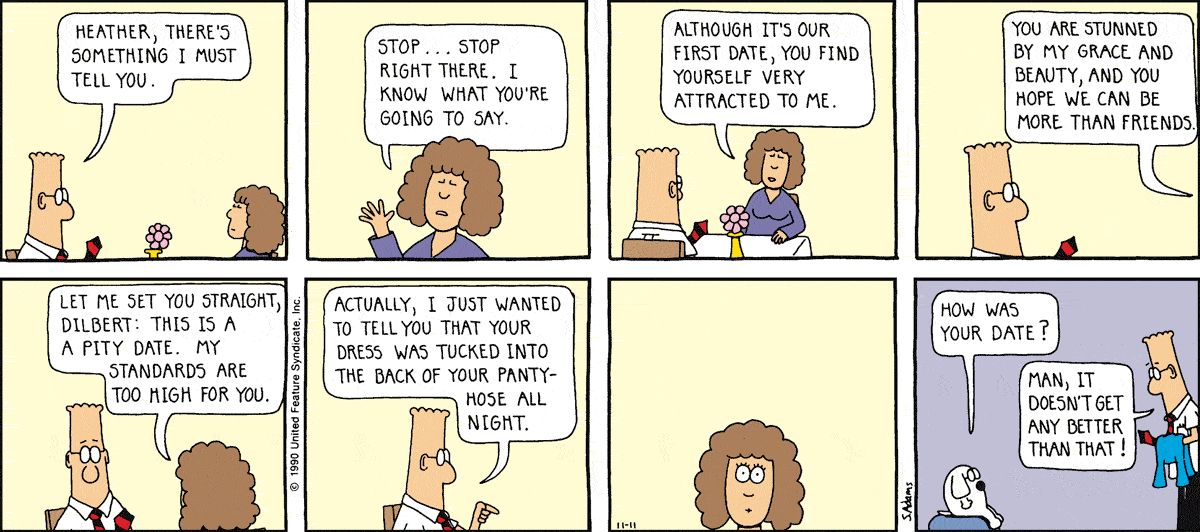









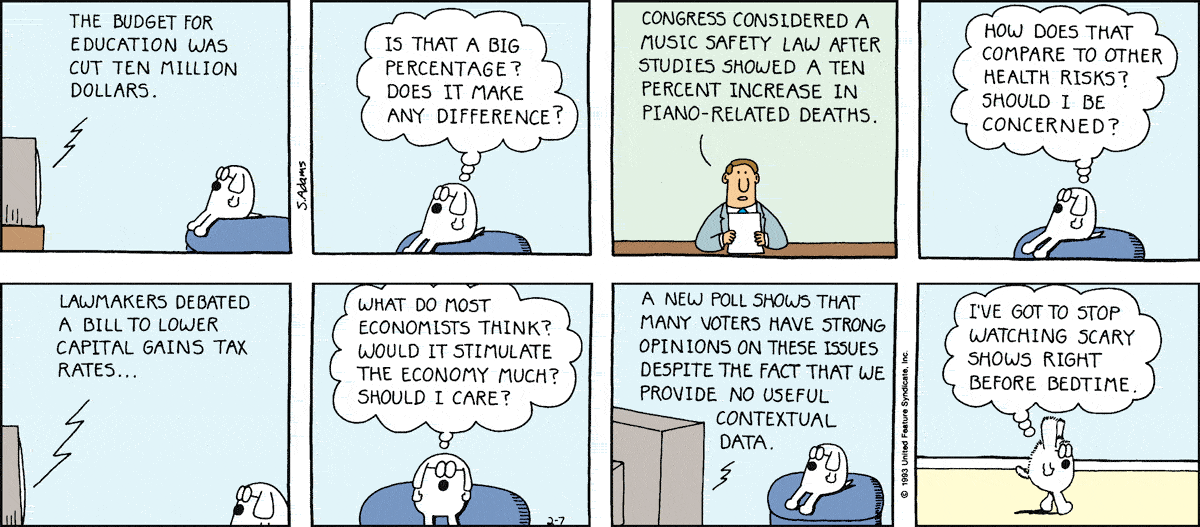














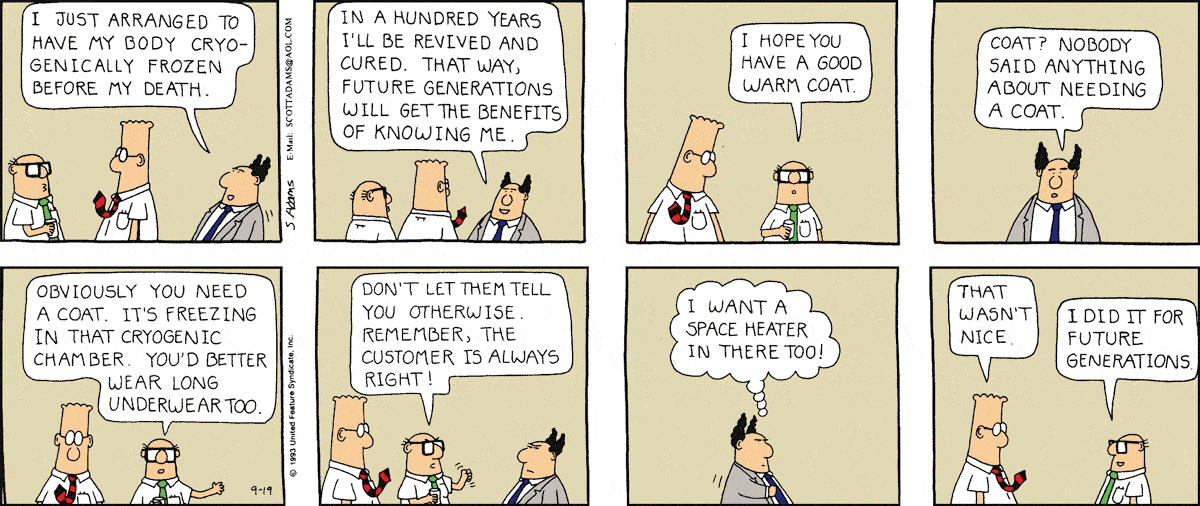
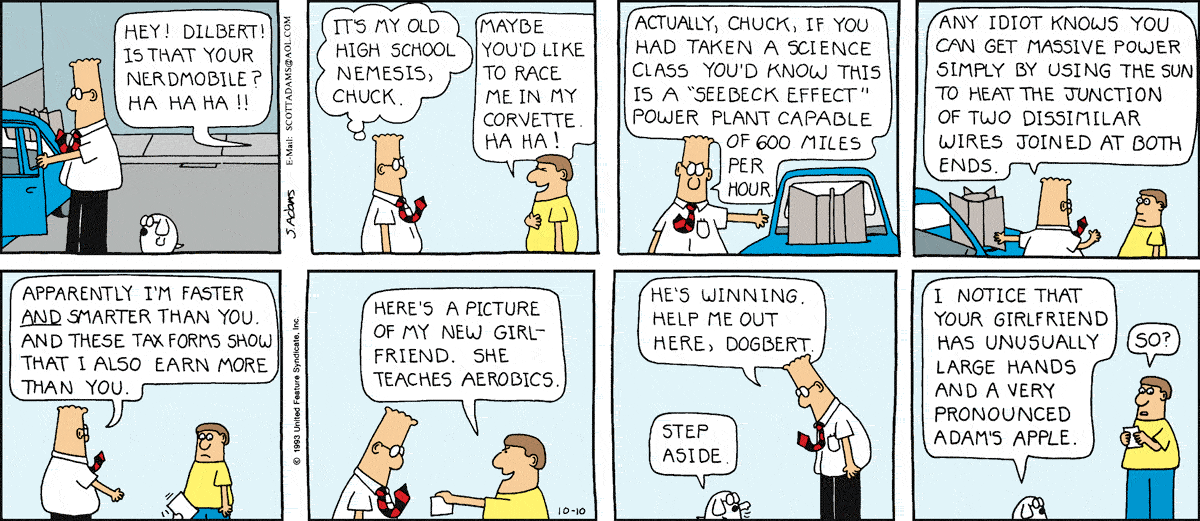








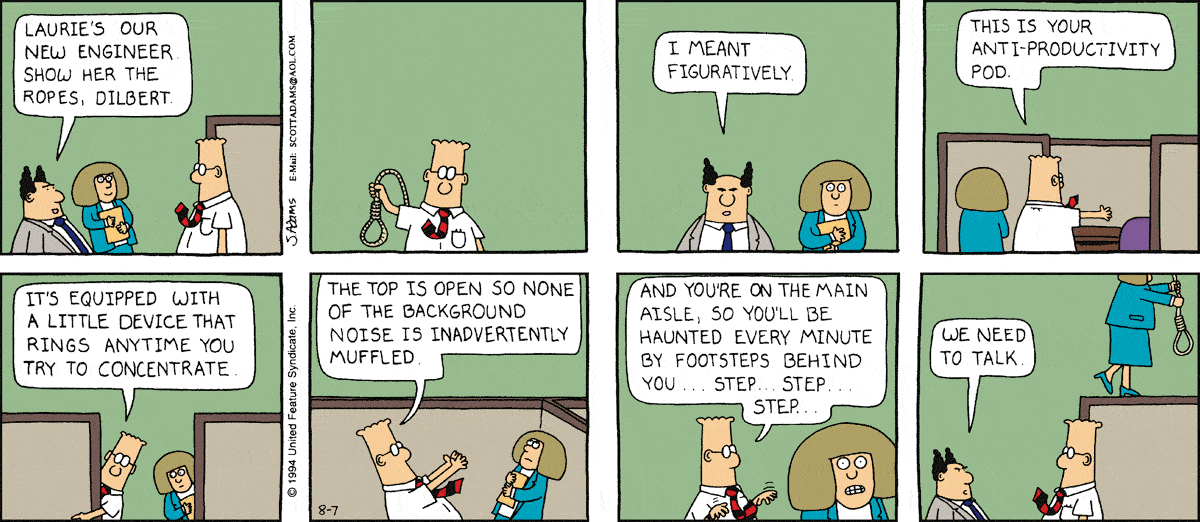

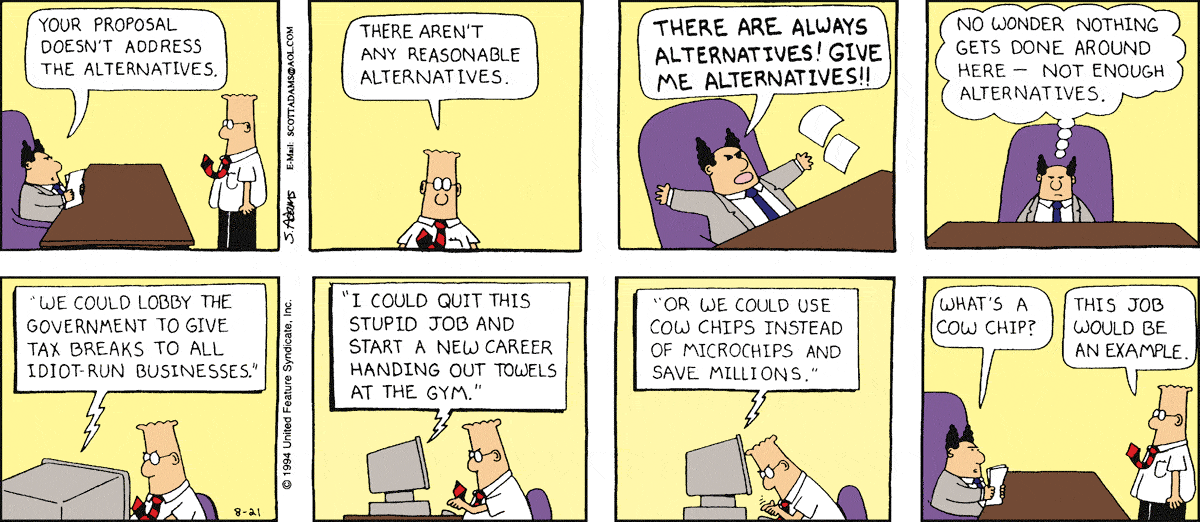
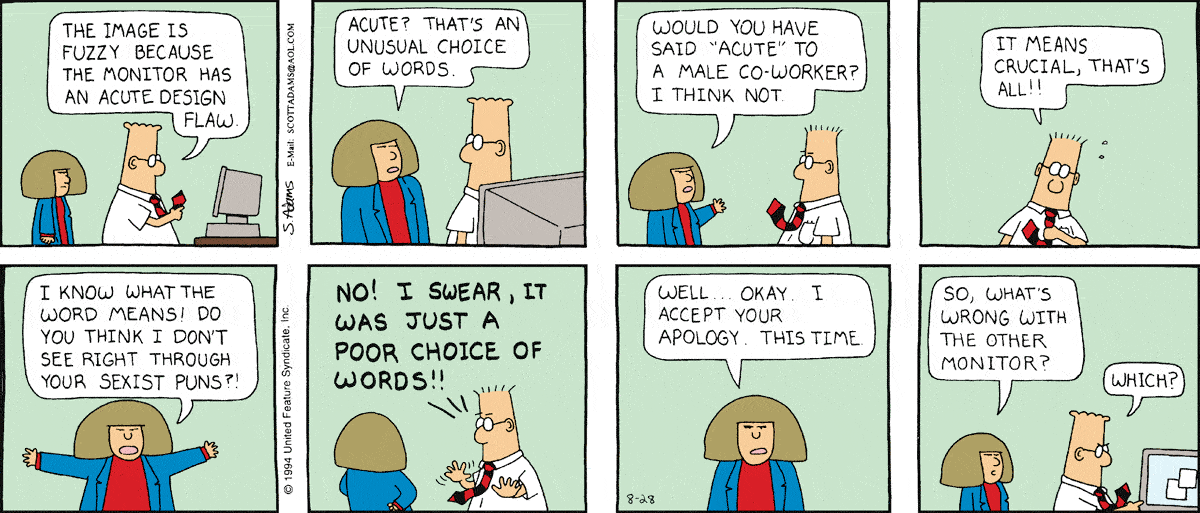

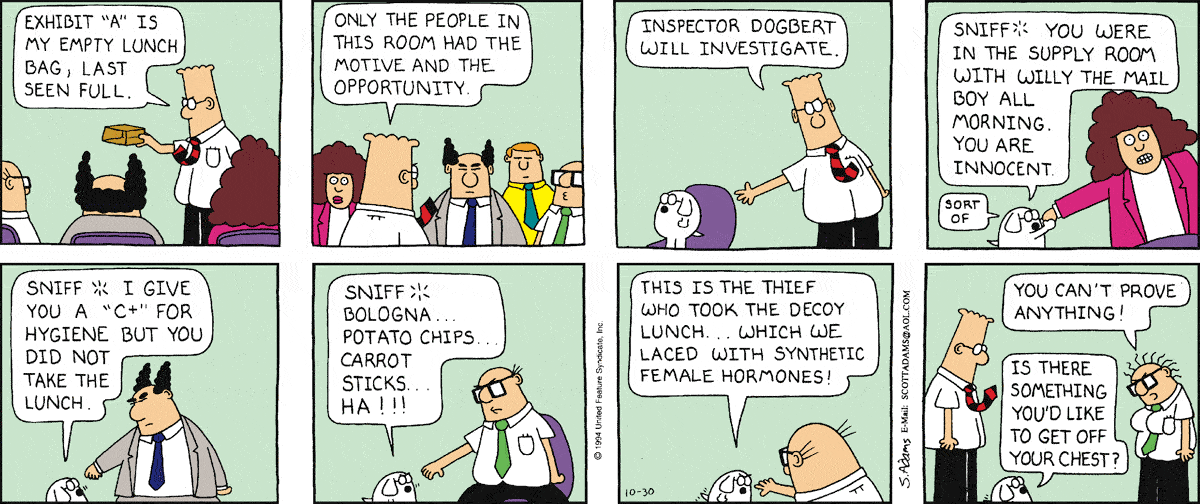
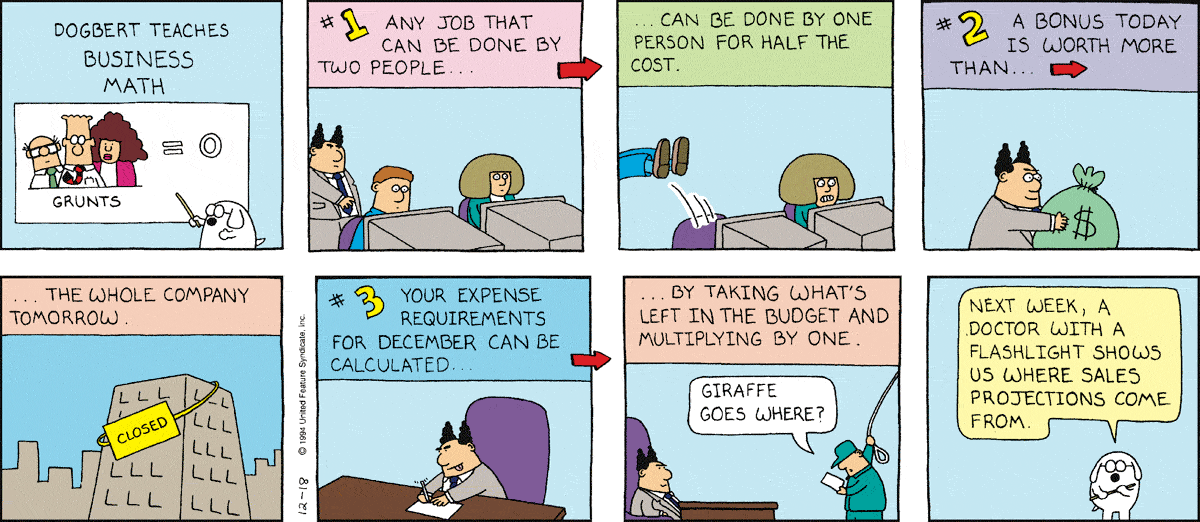








 RSS Feed
RSS Feed
